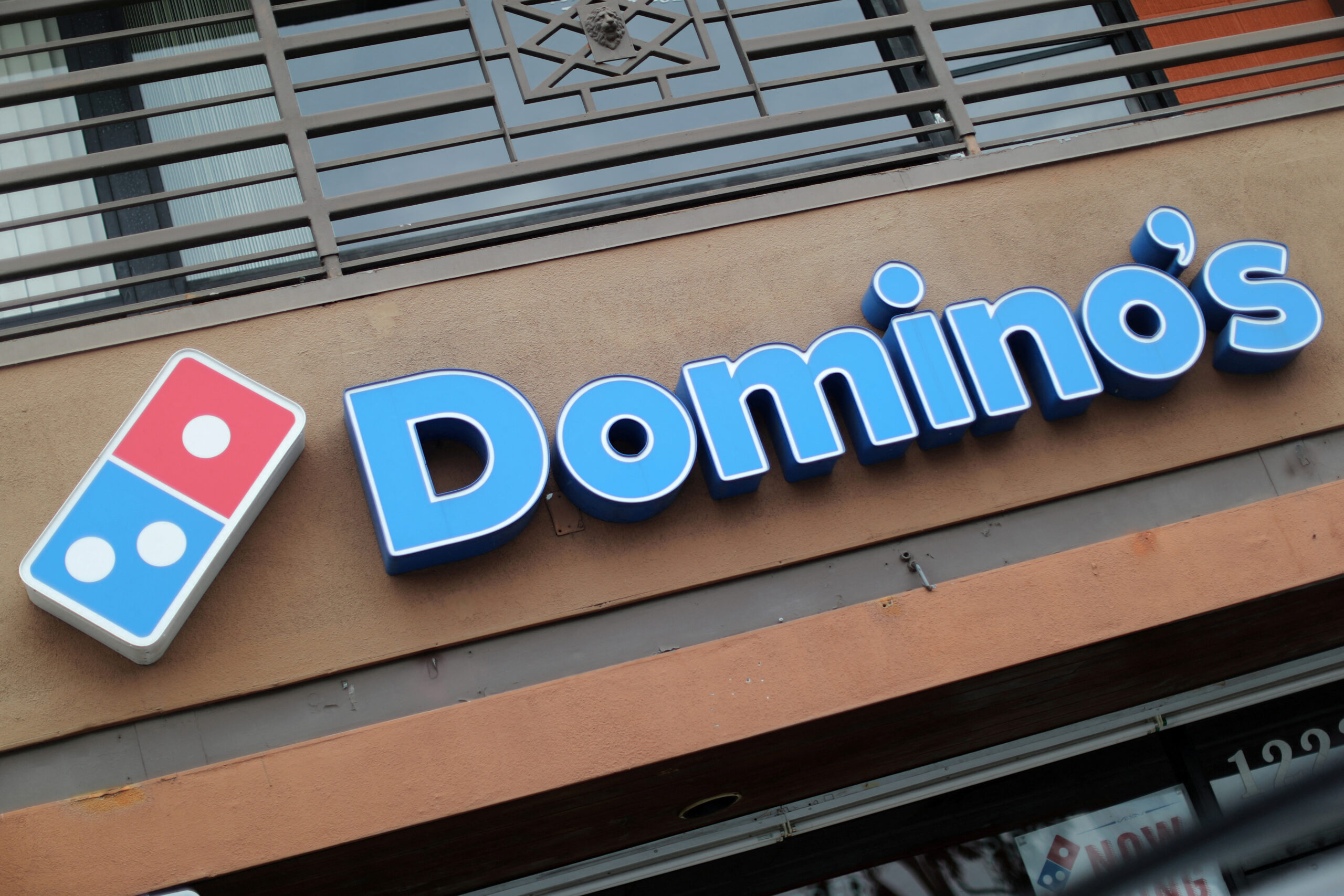Dominos Pizza (NYSE: DPZ) fell short of market expectations for second-quarter same-store sales on Thursday as inflation worries discouraged U.S. consumers, particularly in the lower-income group, from eating out or ordering in, sending its shares down 11% in premarket trading.
Sequentially slower growth in food services in June indicated that consumers were still looking to stretch their budgets as they recover from high inflation, even as a better-than-expected overall U.S. retail sales report signaled economic resilience.
Dominos U.S. same-store sales growth of 4.8% in the quarter fell just short of expectations of 4.91% growth, according to LSEG data.
The company has been catering to consumers looking for cheaper options through its refreshed loyalty program in the U.S. and several offers to draw in customers.
Analysts, however, had expected tougher competition for Domino’s this quarter, as fast-food peers also ramped up deals and promotions on their menu items.
Still, lower supply-chain costs and resilience in its same-store sales in the U.S. helped the world’s largest pizza maker earn a profit of $4.03 per share, compared with market expectations of $3.68.
“We had positive order counts in our delivery and carryout businesses, and across all income cohorts. Our strategy is resonating with customers,” said Russell Weiner, Dominos chief executive officer.
Domino’s reported total revenue of $1.10 billion in the second quarter, roughly in line with estimates.
The company maintained its long-term outlook of more than 7% annual global retail sales growth.
However, Domino’s suspended its long-term target of 1,100 global net stores after its Australia-based master franchise said earlier this week it was closing low-volume stores in Japan and France.
(Source: Reuters)













